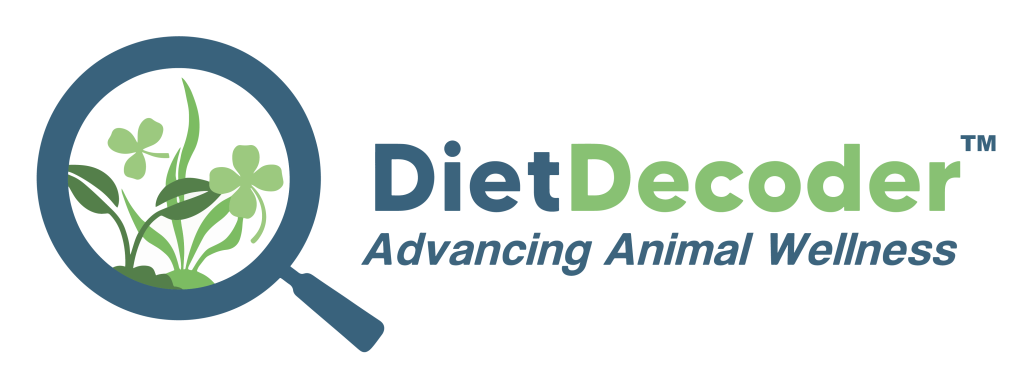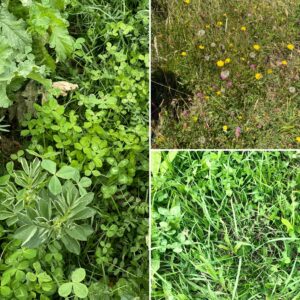Supported by the regenerative movement, pasture diversification is having its moment in the sun as farmers begin to recognise the value of varied grass species for soil health, as well as for animal health and performance. But as the net becomes wider, educational holes can begin to form as information is passed from one source to another. While well-meaning, some statements don’t quite ring true.
Myth #1: Diversifying your pastures will mean stock will have all the nutrients they need and automatically be healthier.
The theory: Having a variety of different pasture species (grasses, herbs/forbes, legumes) means there is potential for some species to concentrate minerals that are low in the soil and better meet animal needs.
The reality: In many instances this theory may be true but it can be complicated and there are a couple of additional supporting facts to consider before assuming stock will be fully supported.
- How low is the soil level of the nutrient in question? – Is the plant going to accumulate enough to meet the animal’s needs? For example, low selenium soils may show an increase in the selenium status of the sward but it may very minor (0.02 ppm vs <0.02 ppm in the case of selenium) and will still not meet the requirements of grazing livestock.
- Conversely, will higher accumulated levels of some nutrients interfere with the absorption of others (eg. High molybdenum and sulphur interfering with copper)?
We’ve found that the only way to really know if your animals are getting what they need for optimal performance is regular herbage testing and dietary analysis.
Myth #2: A diversity of plant species means stock will self-medicate.
The theory: If given the opportunity, animals will self-medicate to provide themselves with the required nutrition.
The reality: The ability of animals to self-medicate is based on how they feel after eating a particular plant and/or learnt behaviours. If a plant provides a nutrient they are deficient in, then the animal will associate the flavour of that plant with a benefit to the body (ie. they will no longer feel sick) — so the preference for this compound will increase. So technically there is the potential for animals to avoid a mineral deficiency given the option.
However, many herds/flocks are operating in the insufficient zone rather than at a clinical deficiency, so they will not “feel” sick, but are not performing as well as they should be. Without feedback to drive a correction, the marginal mineral status may be impacting negatively on reproduction and production.

Myth #3: Diverse pastures are a silver bullet.
The theory: Species diversity will fix your animal health issues
The reality: It pays more to think of diverse pastures as insurance, rather than a fix-it-all strategy. With higher potential for improved mineral content and benefits from secondary plant compounds (e.g. anti parasite properties), pasture diversity will help support animal health and performance, and may reduce the need for as many inputs. But it’s just as important to understand by how much. This is where regular herbage testing and interpretation drops in to help.
Diverse pastures are a very useful tool in the regenerative toolbox and are to be encouraged. It’s just important to make sure you have all the data to back up your transition from conventional to diverse pastures to maximise animal health and performance gains.
Our DietDecoder (www.dietdecoder.nz) can help you monitor and manage this transition through regular herbage testing and dietary analysis to ensure you’re getting the most of your multispecies pasture.


